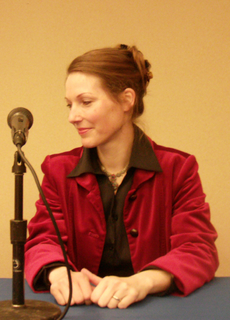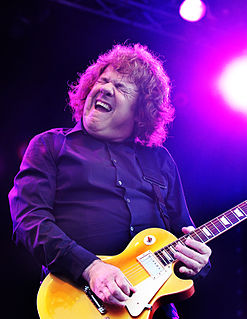A Quote by Noam Chomsky
I think the activism of the 1960s had a very definite civilizing effect on the whole society in all kinds of ways. So lots of things that by now are almost taken for granted were heretical in the 1960s. We had anti-sodomy laws until not many years ago.
Related Quotes
Take the US. Women were not even able to vote until 90 ago, at about the same time they gained the right in Afghanistan. Rights of former slaves were very limited until the 1960s, and in some ways still are. In these and other domains there has been progress in democracy, though still seriously flawed. In other dimensions - the control of concentrated wealth over the political process, for example, things have gotten much worse in recent years. And there is much more, in both directions.
The 1960s was probably the first time in history that young people were recognized as a big group of consumers and as a commercial proposition for Madison Avenue. Advertising played a major role in creating the ethos of that era - the idea that, "Here it is, and you can have it now." I know that many kids thought that the ethos of the 1960s was due to their own peculiar virtues, but, in fact, it had a lot to do with the realities of the marketplace and commerce.
Was I insane? Maybe. But then, there were many different kinds of insanity. Aunt Rose had always taken for granted that the whole world was in a state of constantly fluctuating madness, and that a neurosis was not an illness, but a fact of life, like pimples. Some have more, some have less, but only truly abnormal people have none at all. This commonsense philosophy had consoled me many times before, and it did now, too.
There are parallels between the 1960s and now, because during the 1960s, people were being slaughtered, their lives were being taken, there was violence, greed, drugs were rising - just all of this. And my uncle was saying, you've got to come back to faith, hope and love. Now, you get the translation and say faith, hope and charity - faith, hope and love.
Richard Hofstadter, in his famous book which was written in the time of the McCarthy period in the 1950 and 1960s, Anti-intellectualism in American Life, talks about the deep hatred that some Americans had for what they consider to be elitist intellectual activity. I think that's what's happening now.
The 1970s was probably the most exciting decade to be a teenager, from discovering Little Richard at the end of the 1960s to glam rock to punk rock to electro music. So much happened in that 10-year span. There were so many musical revolutions. Some were happening at the same time. You had disco going on behind punk. You had Michael Jackson. You had the Sex Pistols.




































